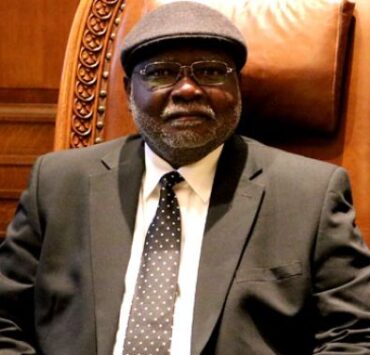Five Judges Elected to International Court of Justice

Lawyard is a legal media and services platform that provides…
The General Assembly and the Security Council on Thursday elected five judges to serve on the International Court of Justice, the principal judicial organ of the United Nations.
In parallel and independent voting conducted by secret ballot, the Assembly and the Council re-elected one judge who is currently serving, Hilary Charlesworth of Australia.
Another justice currently on the bench, Kirill Gevorgian of Russia, was not successful in securing another term.
Four new justices were elected: Bogdan-Lucian Aurescu (Romania); Sarah Hull Cleveland (United States); Juan Manuel Gómez Robledo Verduzco (Mexico); and Dire Tladi (South Africa).
In the complex balloting procedure, the General Assembly achieved a conclusive result, with five candidates securing absolute majority support in the first round of voting.
By contrast, the Security Council went through five rounds of balloting.
Each justice will serve a nine-year term, starting on 6 February next year.
The candidates who were not selected were Chaloka Beyani (Zambia); Ahmed Amin Fathalla (Egypt); Kirill Gevorgian (Russia); and Antoine Kesia-Mbe Mindua (Democratic Republic of the Congo).
The election of the judges or members of the ICJ are held in accordance with the Statute of the Court, the Rules of Procedure of the General Assembly, and the provisional rules of procedure of the Security Council.
To be elected, members must secure an absolute majority in both the General Assembly (97 votes) and Security Council (8 votes).
The Court is composed of 15 judges, who serve nine-year terms. Five seats come up for election every three years. There is no bar on consecutive terms.
Judges are chosen on the basis of their qualifications, not their nationality, but no two judges can be from the same country. Effort is also taken to ensure a balance in the composition of the Court.
Established in 1945, and based in The Hague in the Netherlands, the International Court of Justice (ICJ) informally known as the ‘World Court’, settles legal disputes between States and gives advisory opinions on legal questions that have been referred to it by other authorized UN organs.
Lawyard is a legal media and services platform that provides enlightenment and access to legal services to members of the public (individuals and businesses) while also availing lawyers of needed information on new trends and resources in various areas of practice.













